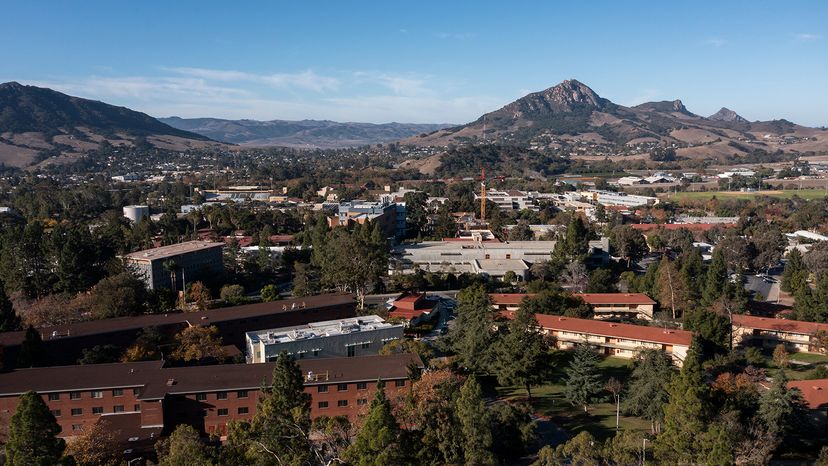Kristin Smart, a freshman at California Polytechnic Institute, San Luis Obispo, was last seen on Saturday, May 25, 1996. On Friday night she attended an off campus party at a frat house. She arrived solo.
At 2 a.m. Saturday she was discovered on a neighbor's lawn by two students, Tim Davis and Cheryl Anderson. She was passed out, but they revived her and helped her to her feet, deciding to accompany Kristen back to her dormitory.
Paul Flores, another student who had recently left the frat party, joined the group and offered to help. First Davis left, then Anderson, as they approached Smart's dorm. Flores assured them he'd see her the rest of the way home.
Flores later told the police that he accompanied her as far as his own dormitory in Santa Lucia Hall, and Smart continued on to her own. This would make Flores the last person to have seen her alive.
The next day, when Smart didn't show up for a planned study session, her alarmed friends notified the campus police that she was missing. However, they didn't report the disappearance until two days later, assuming she had either gone home or on an impromptu vacation (despite not having any cash or credit cards on her at the time of her disappearance).
